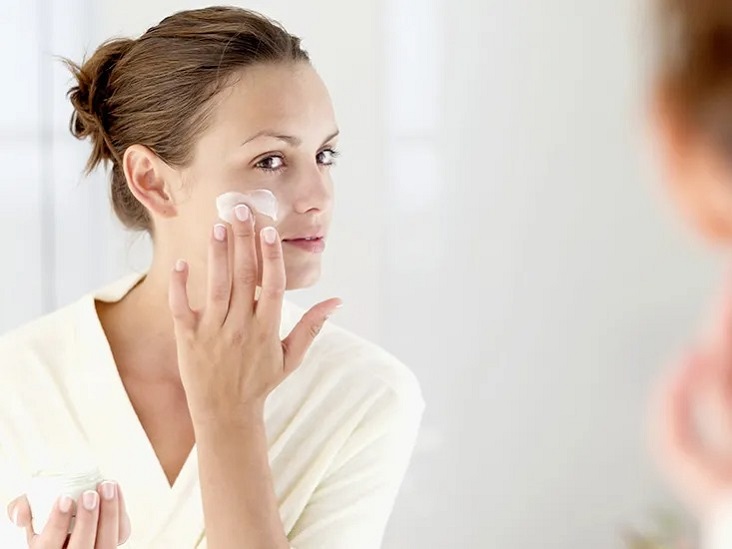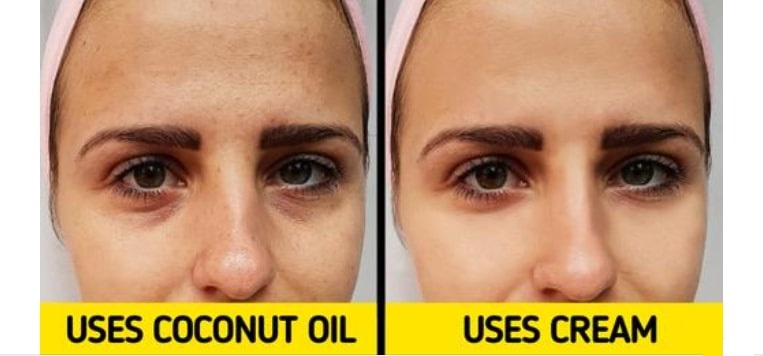The internet is filled with countless recommendations from so-called experts on how to improve your lifestyle, skin, hair, and health. However, those who have experimented with various suggestions know that not all of them are as effective as they claim to be. From DIY recipes to popular skincare products, using products that are not suitable for your skin type can lead to a host of skin issues.
The skin is a delicate organ that requires tender loving care, and it’s important to be aware of the risks associated with some of these popular skin treatments. In this article, we will delve into the potential risks of undertaking these treatments, so read on to learn more!
DIY Face Masks That Stain Your Skin
If you’re considering using a homemade face mask with natural ingredients for your skin, it’s crucial to be cautious when selecting the ingredients. For instance, turmeric is a common ingredient in many face masks, but it can potentially leave a yellowish tint on your skin that may not be desirable.
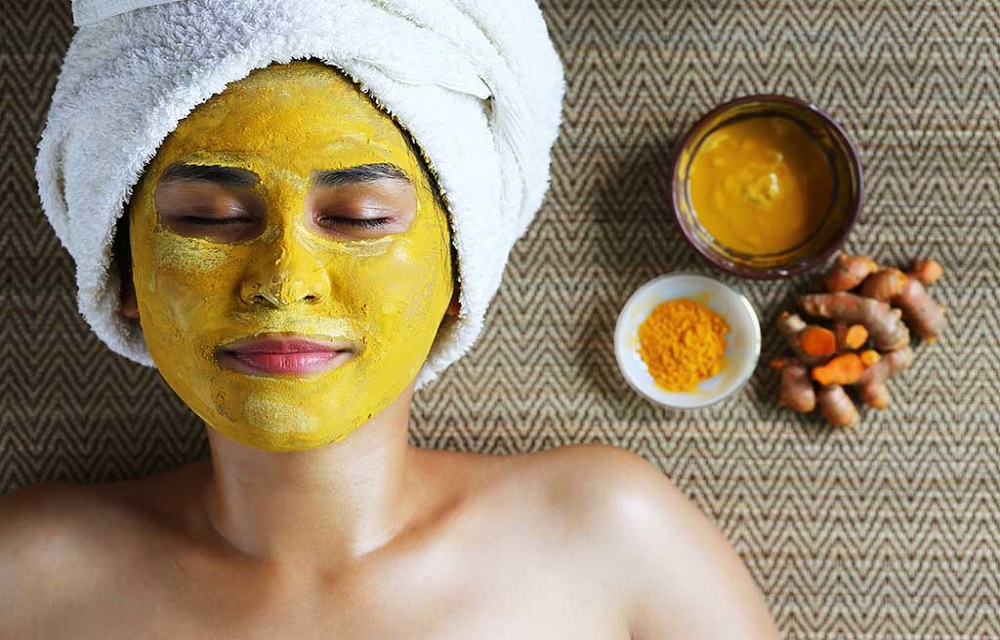
Using Coconut Oil On Face
Studies have demonstrated that coconuts are highly comedogenic, meaning they can clog pores and increase the likelihood of breakouts and blackheads. Just like the skin on your face, the skin on your body can be affected in a similar way. To ensure proper skincare, it’s essential to use products specifically formulated for that purpose.
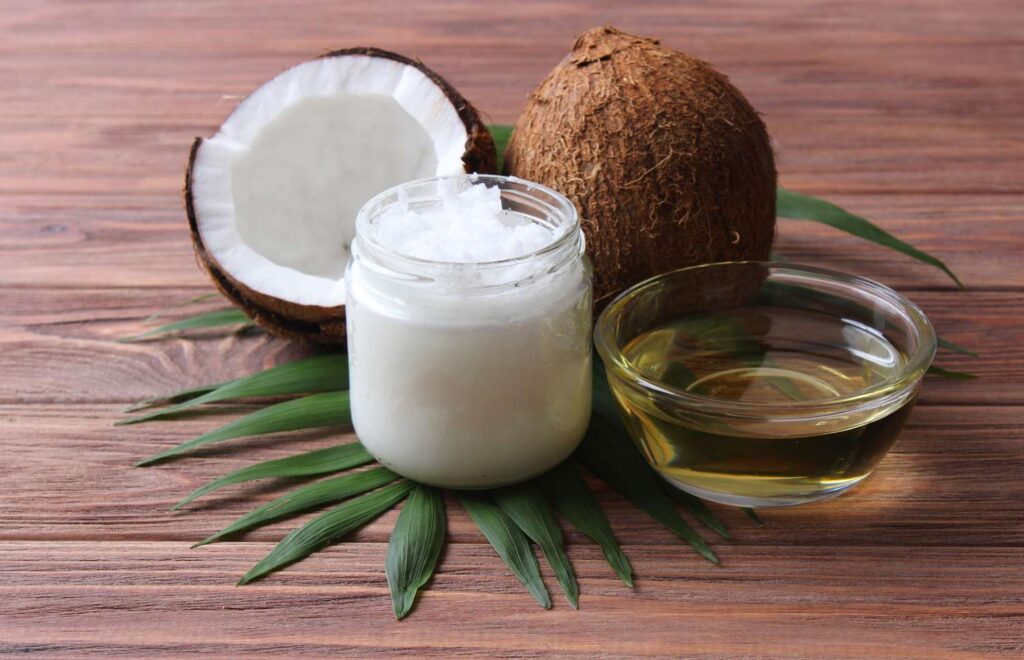
Using Lemon To Brighten Skin
Lemons have a highly acidic pH ranging from 2 to 3, which can be harmful to the skin’s natural acid mantle. The normal pH of our skin is around 5.4-5.9. Although lemon juice may provide a temporary brightening effect on the skin, it can also cause blistering and discomfort when exposed to sunlight.
For optimal results, it’s recommended to mix one spoonful of honey with one spoonful of lemon juice, apply it on the skin, and leave it for about 15-20 minutes. Afterward, thoroughly wash off the mask and apply a gentle moisturizer. It’s crucial to remember to apply sunscreen before stepping out in the sun to protect the skin.

Using Apple Cider To Mask Body Odor
While some individuals may advocate for using apple cider vinegar to mask body odor, it is not recommended due to its high concentration of powerful acids. Undiluted apple cider vinegar can potentially cause skin irritation upon application.
If you do choose to use it, it’s important to dilute one spoonful of apple cider vinegar with a cup of water and apply it under your arms using a cotton ball.
This solution can also be used for facial cleansing to help eliminate bacteria, but it’s crucial to follow up with a moisturizer for proper skincare.
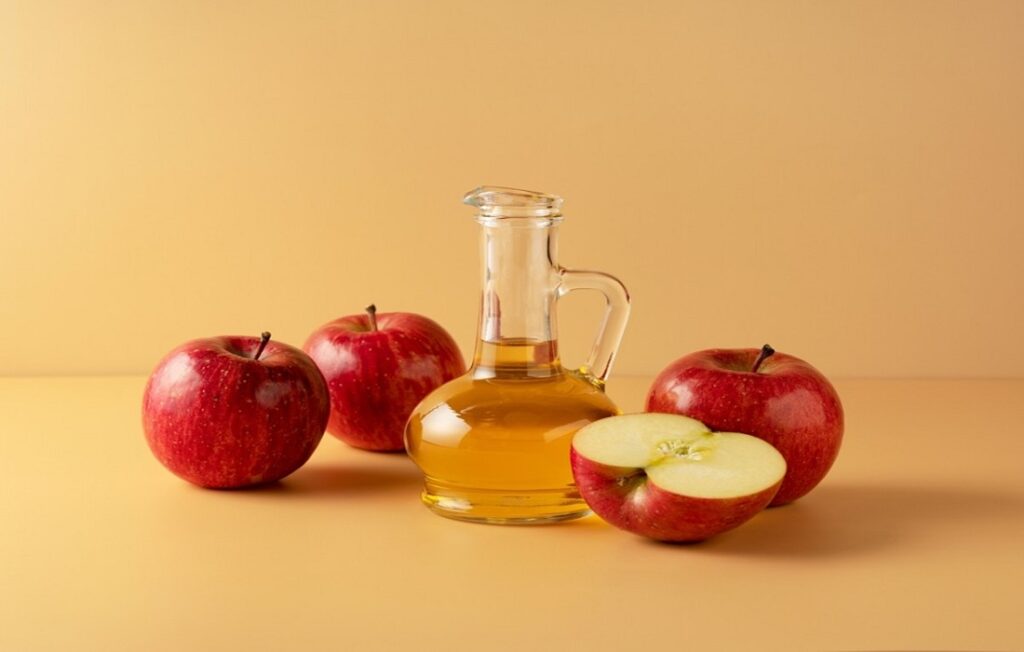
Using Baking Soda & Coffee As An Exfoliant
Baking soda and coffee powder can serve as exfoliators, aiding in the removal of dead skin cells and dirt from the surface of the skin. However, it’s important to note that this exfoliation process can also strip the skin of its natural moisture, leaving it vulnerable to dehydration and dryness.
Damaging the skin’s moisture barrier can lead to the proliferation of bacteria on the skin, causing potential skin issues. Therefore, when using exfoliators such as coffee and baking soda on your face, it’s essential to follow up with a moisturizer to replenish the skin and prevent it from drying out.
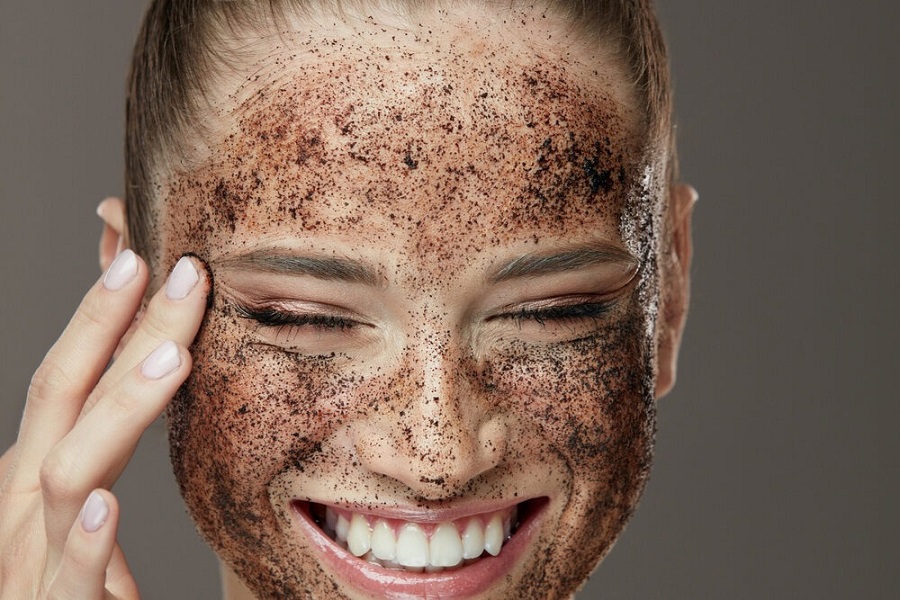
Using Toothpaste On Pimples
While it may sound absurd, some people believe that applying toothpaste on pimples can make them disappear overnight. However, this is not true. In fact, applying toothpaste on your pimples can be detrimental to your skin. Your face, being a sensitive area, is prone to rashes and irritation.
Toothpaste can also potentially cause a skin condition called contact dermatitis. If you frequently experience pimple breakouts, it’s advisable to consult a dermatologist to determine the underlying cause and seek appropriate treatment.
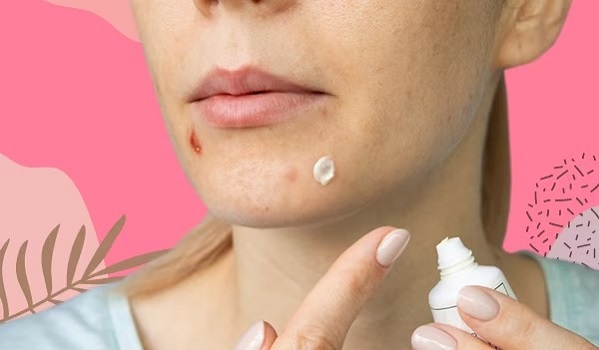
Using Steam On Skin
While steaming can be beneficial for opening pores and cleansing the face, excessive steam can lead to dryness and irritation of the skin. It’s important to ensure that the steam is at an appropriate temperature and to limit the frequency of facial steaming.
High heat from steam can also damage collagen, which may result in premature lines and wrinkles on the skin. Thus, it’s best to use steam in moderation to avoid potential damage to your skin’s health and appearance.

Applying Body Lotion On The Face
It’s important to remember that body lotions are designed for the skin on your body, not your face. Applying body lotion to your delicate facial skin may result in dryness or irritation. This is because the skin on your body is thicker and more resistant to harsh chemicals, allowing for the use of more affordable components in cosmetics. To properly care for your skin, invest in a good face cream and a separate moisturizer for your body.
Skincare doesn’t have to be complicated. Once you know what products to use and what to avoid, you can maintain healthy and glowing skin. It’s advisable to consult a skincare expert to determine the best approach for your specific skin type. Have you been guilty of any of these skincare mistakes? Let us know in the comments section!
